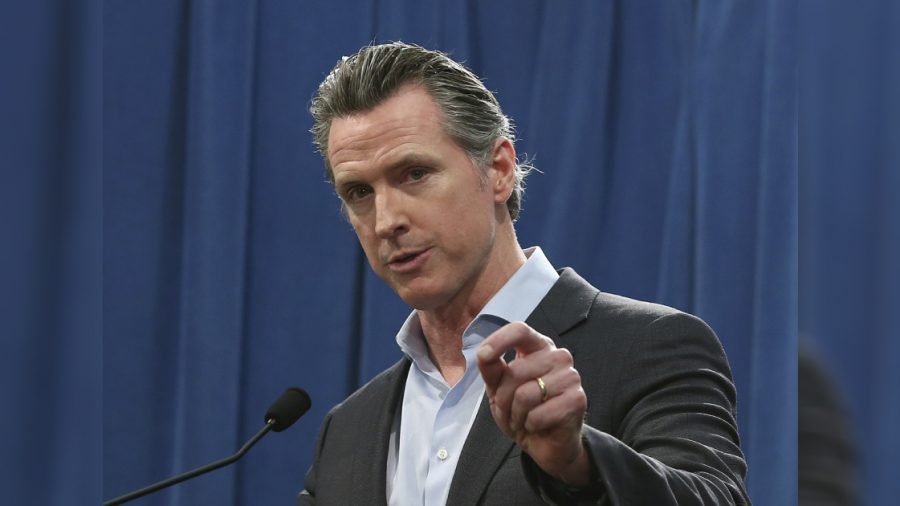California Gov. Gavin Newsom signed a bill into law that prohibits schools across the state from suspending elementary and middle school students for willful defiance or disruptive behavior.
Senate Bill 419 bans public and charter schools from suspending students from grades four through eight for “disrupting school activities or otherwise willfully defying the valid authority of those school personnel engaged in the performance of their duties.”
The bill will also apply to high school students (grades nine through 12) with a probation period starting July 1, 2020 till Jan. 2025. Younger students not included in the bill are already protected from suspension by existing law, which states children in third grade and below are not allowed to be suspended for disruptive behavior or willful defiance.
Furthermore, it is already against the state law for schools to recommend students of any grade for expulsion due to poor behavior considered to be “low-level offenses.”
Senate Bill 419, which was signed by the governor on Sept. 9, reported CBS13, and will go into effect July of next year.

The bill is seeks to curb dropout rates in California, according to a statement released by state senator Nancy Skinner, who represents the 9th district, which includes cities Oakland, Berkeley, and Piedmont.
“Suspensions are not a formula for student success. Kids lose valuable instruction time causing them to fall behind in their studies; those same students are also more likely to drop out,” Skinner, who co-authored the bill, said in the statement. “Ending willful defiance suspensions will keep kids in school where they belong and where teachers and counselors can help them thrive.”
“SB 419 puts the needs of kids first,” Skinner said. “Instead of kicking them out of school, we owe it to students to figure out what’s causing them to act out and help them fix it.”
Instead, school authorities are to provide “age-appropriate” alternatives “designed to address and correct the pupil’s specific misbehavior.” The bill would still allow teachers to remove disruptive students from the classroom temporarily, the statement said.
Meanwhile, students can still be suspended for heavier offenses such as violent behavior or threatening violence, destroying school property, and bringing weapons or drugs to school.
Some school districts in California have already banned schools from suspending students for disruptive behavior or willfully defying teachers, staff, and administrators, including San Francisco Unified, Los Angeles Unified, and Oakland Unified. While a pilot program in Orange and Butte counties, in southern and northern California respectively, have been conducted and are expected to be the model for a statewide system, CBS13 reported.
Meanwhile, the Charter School Development Center said the bill would cause “significant disruption at the local level,” adding that charter schools were created “to be public schools exempt from most sections of the California Education Code.”
“Charter law requires each school’s petition to address issues of expulsion and this law would effectively overwrite the language of 1,300 charter petitions causing significant disruption at the local level. Further, this bill is based on no credible evidence of an expulsion problem in California charter schools. To the contrary, charter schools often serve as a school of last resort of students who have been expelled from traditional schools and these pupils thrive in a charter school environment,” according to CBS13.

